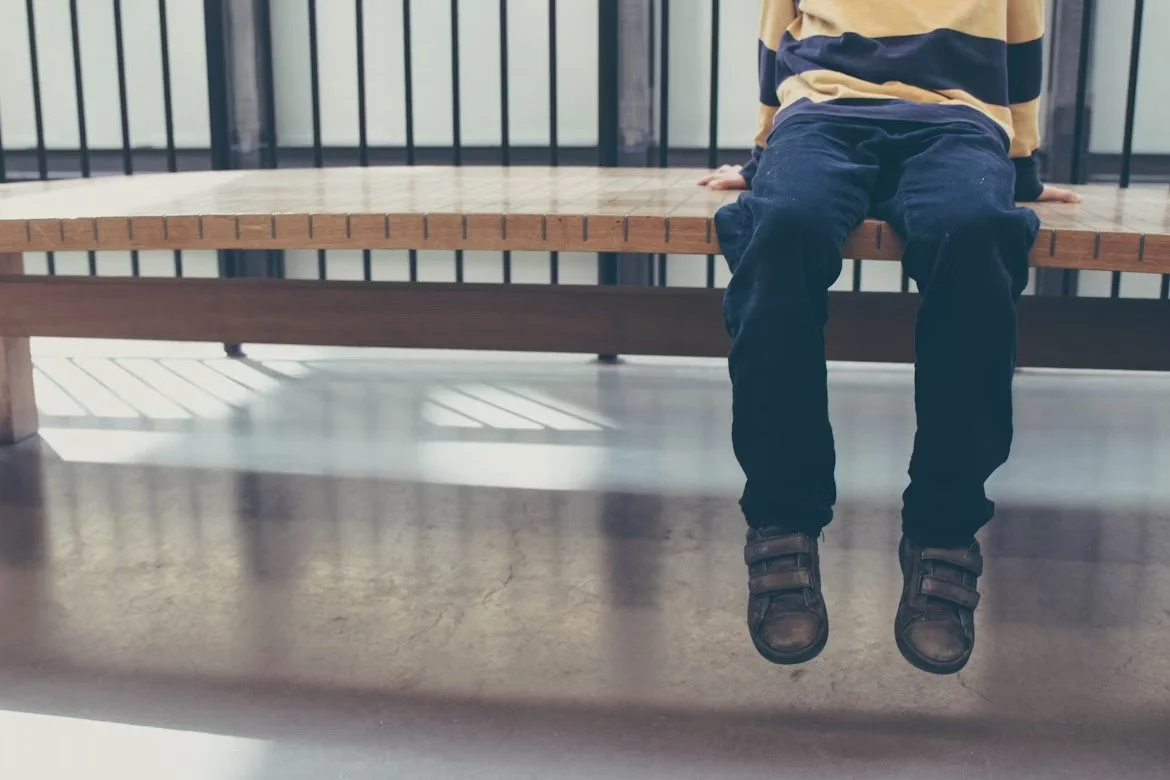Is Consent Required for Minor-Age Children and Counselling?
When a young person is struggling, figuring out how to get help isn’t always simple. Parents often ask if they need to give permission for their child to speak to a therapist. Teens sometimes want to talk to someone without involving their family. These are real concerns, and the answers aren’t always clear-cut.
At Oak & Sands Counselling Services, we support families in Alliston and across Ontario through this process. We offer counselling that respects both the rights of young people and the responsibility of care. The legal framework matters. So does the lived experience of the child or teen sitting in front of us.
Globally, one in seven 10 to 19-year-olds lives with a mental disorder, according to the World Health Organization. Many of these youth never reach out for support; not because they don’t want to, but because the system feels unclear or out of reach.
How Does Children’s Therapy Work?
Consent Depends More on Maturity than Age
In Ontario, there’s no specific age when a child becomes eligible to consent to therapy. What matters for children’s counselling is whether they can understand what therapy is, why it’s being offered, and what it might mean for them. A therapist assesses this using clinical judgment. If the child shows they can engage thoughtfully, they may be considered a mature minor and allowed to consent without parental involvement.
This decision isn’t based on a form or checklist. It’s shaped by conversation and observation. It looks different depending on the child’s age, situation, and emotional readiness.
Some Children Can Consent on Their Own
Sometimes a child isn’t able to go to their loved ones for support. There may be ongoing conflict, or a lack of trust. In some cases, custody is in dispute or unclear. When that happens, private access to counselling can make a difference.
A therapist will weigh the child’s request, their ability to understand the process, and the stability of the environment around them. If those pieces point toward readiness, therapy may move ahead without contacting a guardian. The law gives us that option. It’s used carefully, and always with the child’s voice at the center.
Parental Involvement Can Still Be Helpful
Even when a child consents on their own, involving other family members can still be helpful. Sometimes a parent joins a session. Sometimes we just check in behind the scenes. The key is making sure the involvement supports the child’s needs instead of the expectations of others.
If family members are part of the distress, privacy matters more. We approach each case with care and determine what level of involvement is safe and constructive.
Safety Always Comes First
If there’s a clear risk of harm, the therapist is required to act. That might mean contacting a parent, legal guardian, or community service. These situations are rare, but when they happen, they’re handled with seriousness and clarity. The goal is always to protect, not to control.
Is Informed Consent Required for Minor-Age Children and Counselling?
A 13-year-old may ask for help, describe what’s been going on, and clearly understand the process. That child might be ready to start therapy alone. An 11-year-old caught between two parents in a custody dispute might not be in the same position. The therapist’s job is to understand the difference.
Let’s Talk About What’s Right for Your Child’s Mental Health
If you’re unsure about how counselling fits into your child’s life, or your own, contact us. We’ll help you determine what kind of support makes sense.
Oak & Sands offers children’s counselling, family therapy, EMDR, and virtual counselling for teens. We’re here to help you take the next step with clarity and care.

